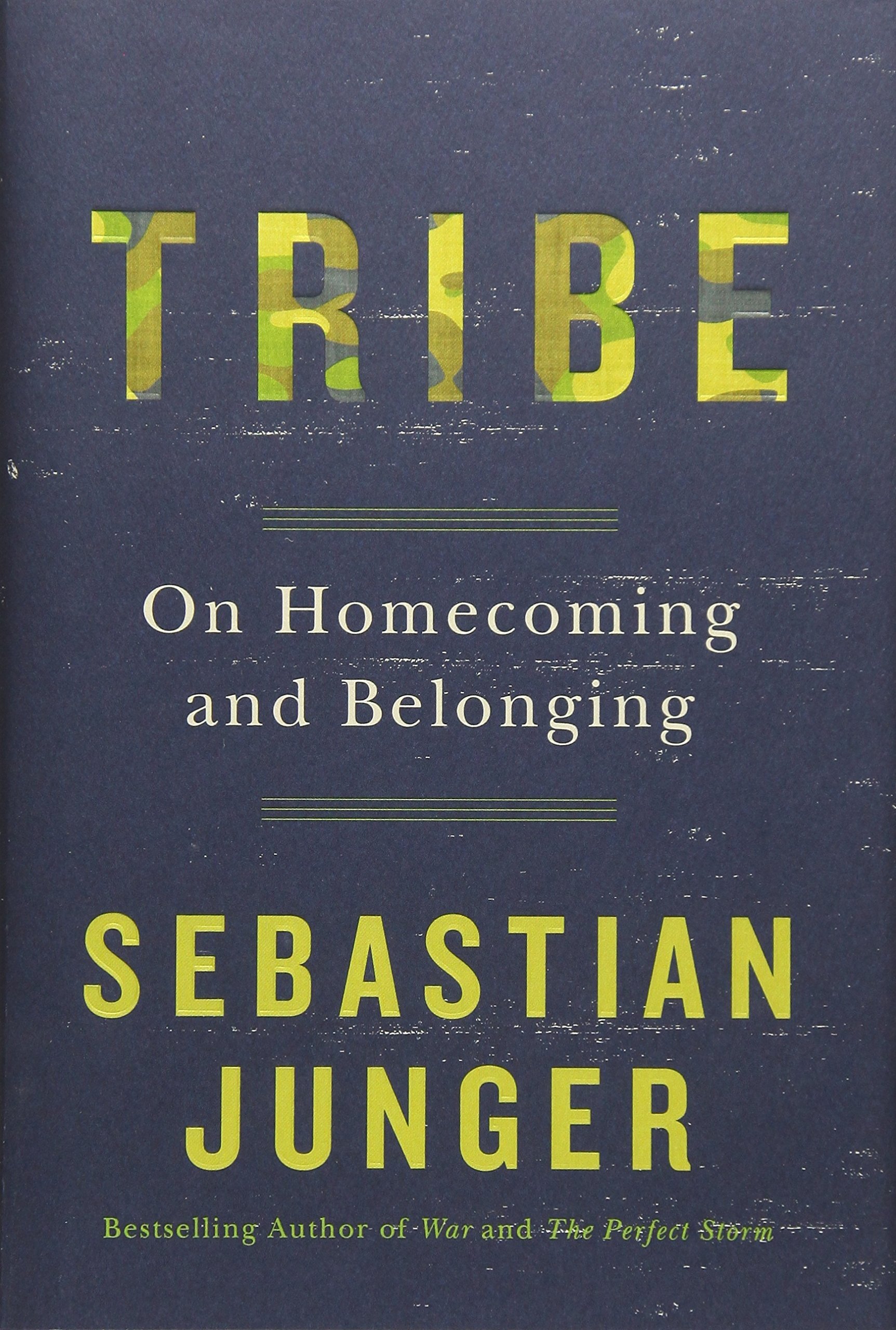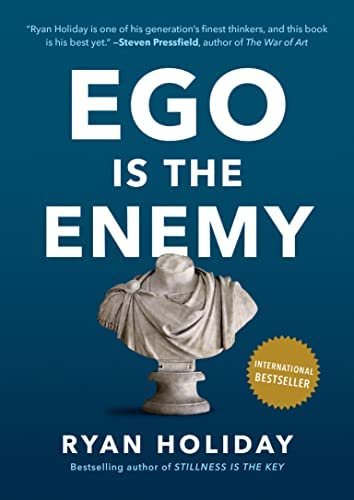The Subtle Art of Not Giving a Fuck: A Counterintuitive Approach to Living a Good Life– by Mark Manson
Date read: 1/17/17. Recommendation: 8/10.
One of the most entertaining writers you'll find. Essentially a deep dive into one my favorite articles from his blog. The core of the book focuses on allocating more time and energy to what matters most (the appropriate allocation of fucks). Instead of over-investing in trivial, superficial things (the inappropriate allocation of fucks). He criticizes our culture's obsession with unrealistically positive expectations and the sense of inadequacy that it provokes. Life is a struggle, we should instead determine what we're willing to struggle for.
See my notes below or Amazon for details and reviews.
My notes:
Our culture today is obsessively focused on unrealistically positive expectations.
Giving too many fucks is bad for your mental health. It causes you to become overly attached to the superficial and fake, to dedicate your life to chasing a mirage of happiness and satisfaction. The key to a good life is not giving a fuck about more; it's giving a fuck about less, giving a fuck about only what is true and immediate and important.
I mean, if you look at your Facebook feed, everybody there is having a fucking grand old time.
Back in Grandpa's day, he would feel like shit and think to himself, "Gee whiz, I sure do feel like a cow turd today. Buy hey, I guess that's just life. Back to shoveling hay." But now? Now if you feel like shit for even five minutes, you're bombarded with 350 images of people totally happy and having amazing fucking lives, and it's impossible to not feel like there's something wrong with you.
By not giving a fuck that you feel bad, you short-circuit the Feedback Loop from Hell; you say to yourself, "I feel like shit, but who gives a fuck?"
The desire for more positive experience is itself a negative experience. And, paradoxically, the acceptance of one's negative experience is itself a positive experience.
Not giving a fuck does not mean being indifferent; it means being comfortable with being different.
I believe that today we're facing a psychological epidemic, one in which people no longer realize it's okay for things to suck sometimes.
When we believe that it's not okay for things to suck sometimes, then we unconsciously start blaming ourselves. We start to feel as though something is inherently wrong with us, which drives us to all sorts of overcompensation.
Life itself is a form of suffering. The rich suffer because of their riches. The poor suffer because of their poverty. People without a family suffer because they have no family. People with a family suffer because of their family.
Emotions evolved for one specific purpose: to help us live and reproduce a little bit better. That's it. They're feedback mechanisms telling us that something is either likely right or wrong for us - nothing more, nothing less.
Negative emotions are a call to action. When you feel them, it's because you're supposed to do something. Positive emotions, on the other hand, are rewards for taking the proper action.
An obsession and overinvestment in emotion fails us for the simple reason that emotions never last.
Who you are is defined by what you're willing to struggle for. People who enjoy the struggles of a gym are the ones who run triathlons and have chiseled abs and can benchpress a small house. People who enjoy long workweeks and the politics of the corporate ladder are the ones who fly to the top of it. People who enjoy the stresses and uncertainties of the starving artist lifestyle are ultimately the ones who live it and make it.
Numerous professors and educators have noted a lack of emotional resilience and an excess of selfish demands in today's young people.
The flood of extreme information has conditioned us to believe that exceptionalism is the new normal.
The problem is that the pervasiveness of technology and mass marketing is screwing up a lot of people's expectations for themselves.
Once you accept the premise that a life is worthwhile only if it is truly notable and great, then you basically accept the fact that most of the human population (including yourself) sucks and is worthless.
The ticket to emotional health, like that to physical health, comes from eating your veggies - that is, accepting the bland and mundane truths of life: truths such as "Your actions actually don't matter that much in the grand scheme of things" and "The vast majority of your life will be boring and not noteworthy, and that's okay."
The stress and anxiety of always feeling inadequate and constantly needing to prove yourself will dissipate. And the knowledge and acceptance of your own mundane existence will actually free you to accomplish what you truly wish to accomplish, without judgment or lofty expectations.
The more we choose to accept responsibility in our lives, the more power we will exercise over out lives. Accepting responsibility for our problems is thus the first step to solving them.
We are responsible for experiences that aren't our fault all the time. This is part of life.
Nobody else is ever responsible for your situation but you. Many people may be to blame for your unhappiness, but nobody is ever responsible for your unhappiness but you. This is because you always get to choose how you see things, how you react to things, how you value things.
In this way, "knowing yourself" or "finding yourself" can be dangerous. It can cement you into a strict role and saddle you with unnecessary expectations. It can close you off to inner potential and outer opportunities.
I say don't find yourself. I say never know who you are. Because that's what keeps you striving and discovering. And it forces you to remain humble in your judgments and accepting of the differences in others.
When we let go of the stories we tell about ourselves, to ourselves, we free ourselves up to actually act (and fail) and grow.
The narrower and rarer the identity you choose for yourself, the more everything will seem to threaten you. For that reason, define yourself in the simplest and most ordinary ways possible.
This often means giving up some grandiose ideas about yourself: that you're uniquely intelligent, or spectacularly talented, or intimidatingly attractive, or especially victimized in ways other people could never imagine. This means giving up your sense of entitlement and your belief that you're somehow owed something by this world.



